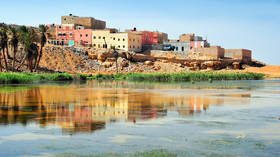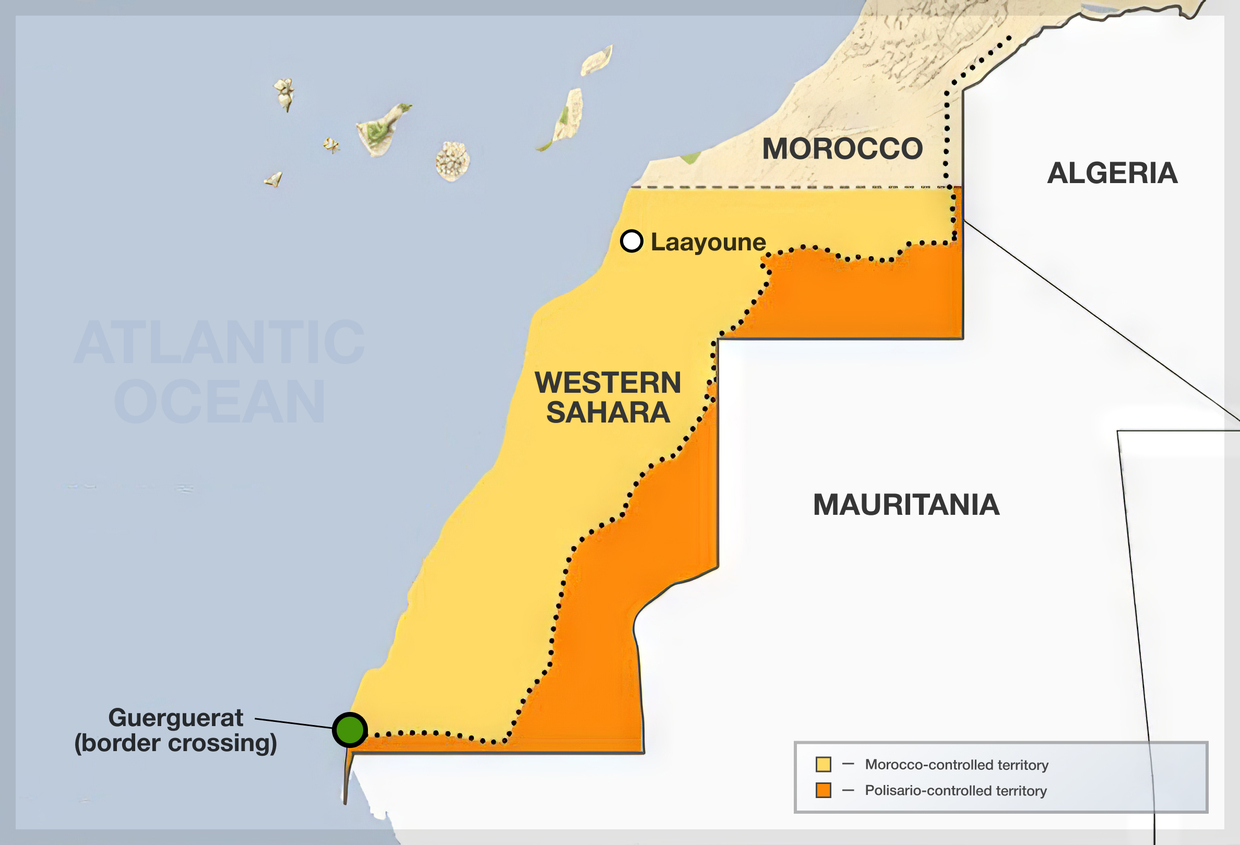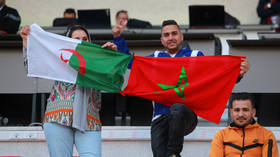EU trade deals with North African state illegal – ECJ

The European Union violated the right to self-determination of Western Sahara when it signed trade deals with Morocco without the consent of the disputed territory’s people, the bloc’s top court has ruled.
The European Court of Justice’s (ECJ) decision on Friday is the final ruling on the several appeals filed by the European Commission against previous judgments opposing the agreements.
The EU concluded a four-year sustainable fisheries partnership agreement with Morocco in 2019. The pact, which expired in July last year, also covered agricultural products from Western Sahara, a former Spanish colony that Rabat annexed in 1975.
The Polisario Front, a separatist group fighting Morocco for Sahrawi independence, launched a series of lawsuits challenging the legality of including Western Sahara in the agreements established between the 27-nation union and Rabat.

“The consent of the people of Western Sahara to the implementation in that non-self-governing territory... is a condition for the validity of the decisions by which the [EU] Council approved those agreements,” the ECJ said on Friday.
The court said while the bloc’s executive arm had carried out a consultation process, this did not include “the people of Western Sahara, but the inhabitants who are currently present in that territory, irrespective of whether or not they belong to the people of Western Sahara.”
The court also ruled that Western Sahara should be labeled as the “country of origin” on melons and tomatoes produced there, “to the exclusion of any reference to Morocco, so as to avoid misleading consumers as to the true origin of those goods.”
Morocco de facto controls around 80% of Western Sahara, a claim that has been a source of regional tension and a decades-long conflict between Rabat and the Algeria-backed Polisario Front. The separatist group has expressed its support for a self-determination referendum, which was initially proposed by the UN in 1991 as part of a ceasefire agreement but has since stalled.
The North African state has ruled out the possibility of a vote that would grant Sahrawis independence and has been promoting an autonomy plan for the region – under its sovereignty– for nearly two decades. In July, France joined a growing list of countries, including the US and Spain, in backing the Moroccan plan. The move angered neighboring Algeria, which regards Morocco as an occupying power in Western Sahara. Algiers recalled its ambassador from Paris in response.













